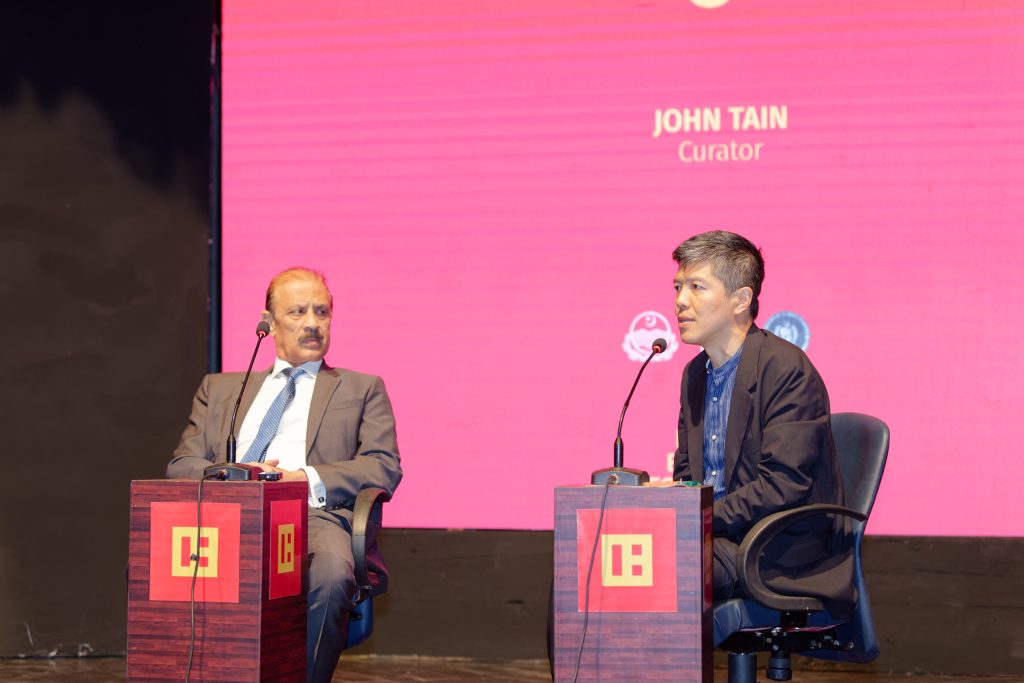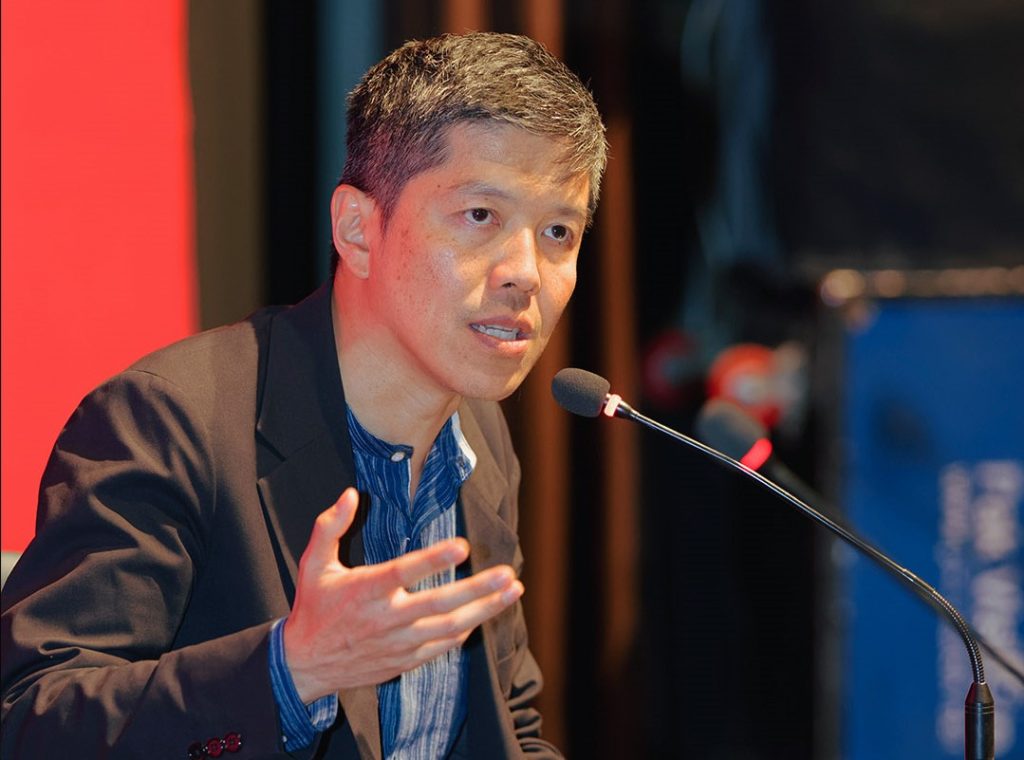John Tain – Curator LB03
LB03 CuratorJohn Tain joined Asia Art Archive (AAA, Hong Kong) as Head of Research in 2017, and prior to that, served as a curator for modern and contemporary collections at the Getty Research Institute (Los Angeles). Exhibitions that he has curated or co-curated include Translations, Expansions, AAA’s contribution to documenta fifteen (2022); Crafting Communities (2020), on the social practice of the Womanifesto collective; Out of Turn, Serendipity Arts Festival (2018); Women Make Art History (2018), the Guerrilla Girls’ first new commission in Asia; Yasuhiro Ishimoto: Someday, Chicago (2018); In Focus: Ed Ruscha (2013); and Greetings from L.A.: Artists and Publics, 1950-1980, part of the original Pacific Standard Time initiative. Research projects that he initiated include Independent Art Spaces of Taiwan (2022-present); the Art Schools of Asia (2021-22) seminar and accompanying symposium; and MAHASSA (Modern Art Histories in and across Africa, and South and Southeast Asia), co-organized with the Dhaka Art Summit and Cornell University’s Institute for Comparative Modernities (Hong Kong and Dhaka, 2019-20). He has lectured and published widely and has served as a series editor for Afterall’s Exhibition Histories. Since 2021, he has served as an advisor to Asia Forum.
Taking ecologies and sustainable futures as its linked themes, LB03 and its programs assemble a diverse group of artists, researchers, and thinkers to put into practice different forms of solidarities to underscore the necessity of working together to tackle issues frequently common to multiple locales. The 2024 Biennale aims to catalyse such potential solidarities, share knowledge about historical connections, and suggest ways in which to move together into the future.
As has been clear from recent events, ecological challenges have become an everyday occurrence everywhere, but especially in the Global South, which is being disproportionately affected by the ongoing climate crisis. The ensuing challenges are acute in megacities which, in the face of migration from agricultural regions, continue to rapidly expand beyond the capacities of formal urban planning. As a result, these cities face severe environmental degradation, including poor air and water quality, loss of open and green spaces, and noise and light pollution. These environmental conditions exacerbate other challenges urban communities face, from lack of meaningful educational and employment opportunities, compromised housing and transport, and lack of access to amenities, all of which have only been compounded by the pandemic.
These concerns reached a tipping point in Pakistan in the past year, as the catastrophic floods and the subsequent displacement of millions of farmers have exacerbated already serious social and ecological problems, and demonstrating how rural regions across Pakistan and South Asia have also been severely affected. Biennale artists will address many of these pressing issues. At the same time, in bringing together artists from around the world, and especially from the Global Majority, to Lahore, the Biennale also underscores that Pakistan is not alone in confronting challenges brought on by climate change and that it has much in common with other places. Solidarities across national lines will be key for the future. But if ecological and urban issues are increasingly global ones shared by all societies, the Biennale also casts light on the unique ways in which local forms of knowledge and practice can serve as resources for addressing such challenges. In the case of Lahore, its heritage and its architecture can serve as evidence. This includes the vernacular buildings of the old historic Walled City, adapted for the different seasons of Punjab, as well as its heritage gardens, which demonstrate the ingenuity of Mughal forms of hydraulic systems and garden design. In doing so, the Biennale will work with artists to suggest how aspects of the past can be a resource for forging a resilient future.
John Tain, Lahore Biennale Foundation

